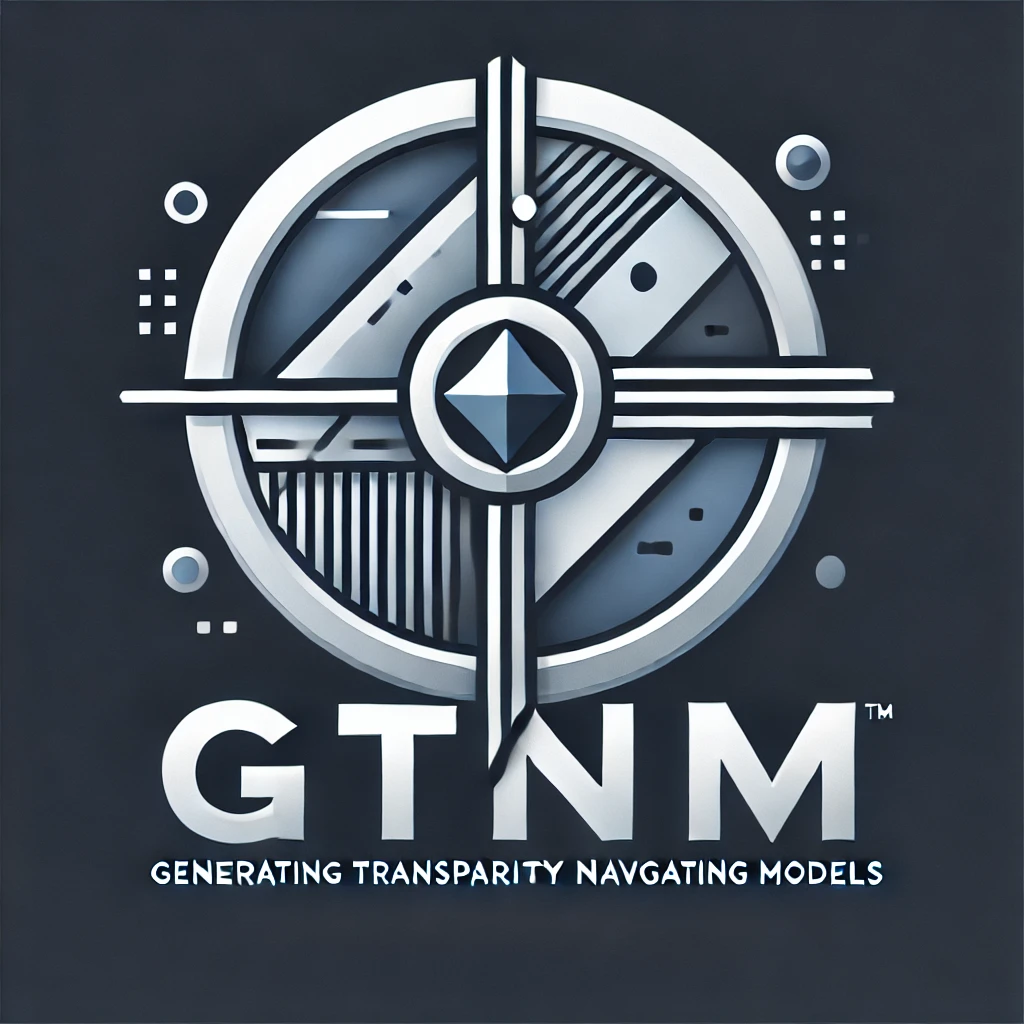On January 23, 2025, President Donald Trump signed an executive order establishing the President’s Council of Advisors on Science and Technology (PCAST). This policy underscores a renewed focus on fostering innovation and maintaining U.S. leadership in transformative fields such as artificial intelligence, quantum computing, and biotechnology. By uniting experts from academia, industry, and government, PCAST is tasked with shaping a forward-looking agenda to secure the United States’ position as a global leader in science and technology.
The executive order arrives at a critical juncture, as advancements in cutting-edge technologies increasingly shape the global balance of power. However, the order’s emphasis on countering perceived ideological interference in scientific progress raises questions about how the Council will balance scientific integrity, public trust, and the need for accelerated innovation. The framing of this initiative as a national security imperative highlights the strategic importance of scientific leadership while potentially exposing tensions between inclusivity, collaboration, and the prioritization of American interests over global cooperation.
This analysis explores the order’s key provisions, historical context, broader policy implications, and predicted outcomes, offering a comprehensive evaluation of its potential to advance American scientific and technological leadership.
Key Provisions
- Establishment of PCAST:
- Creates a council comprising up to 24 members, including distinguished experts from outside the federal government.
- Co-chaired by the Assistant to the President for Science and Technology (APST) and the Special Advisor for AI & Crypto.
- Mandates diversity of perspectives and expertise across science, technology, education, and innovation sectors.
- Functions of PCAST:
- Advises the President on policies related to science, technology, education, and innovation.
- Serves as an advisory committee for high-performance computing, nanotechnology, and other critical fields.
- Solicits input from stakeholders, including the private sector, universities, and state and local governments.
- Administrative Support:
- Authorizes the Department of Energy to provide funding and administrative support to PCAST.
- Permits the establishment of subcommittees and technical advisory groups for specialized analysis.
- Revocation of Prior Executive Orders:
- Revokes Executive Order 14007, which previously governed PCAST.
- Replaces it with updated priorities aligned with the current administration’s goals.
Historical Context and Precedent
- Relation to Past Policies:
- PCAST was originally established under President Eisenhower in 1957 to advise on science and technology matters.
- This new iteration emphasizes emerging fields such as AI, quantum computing, and biotechnology, reflecting contemporary challenges and opportunities.
- Shift in Priorities:
- While previous administrations highlighted global collaboration and climate science, this order prioritizes technological dominance and national security.
- The revocation of earlier executive orders signals a pivot toward combating perceived ideological interference in research.
- Strategic Importance:
- Historical parallels include Cold War-era initiatives like the creation of NASA and DARPA, underscoring the role of science and technology in securing geopolitical leadership.
Broader Policy Context
The executive order aligns with the broader objectives outlined in the 2025 Mandate for Leadership, emphasizing the need to:
- Reinvigorate American innovation by removing perceived barriers to scientific progress.
- Counteract ideological influences that could undermine research integrity and innovation.
- Enhance the U.S.’s competitive edge in transformative technologies to secure national security and economic prosperity.
However, this focus on American dominance raises concerns about:
- Global Collaboration:
- Reduced emphasis on international partnerships may hinder global scientific progress.
- Public Trust:
- Framing ideological interference as a central issue risks polarizing public discourse around science and technology.
- Equity and Inclusivity:
- The emphasis on removing group-based agendas could inadvertently marginalize efforts to increase diversity in STEM fields.
Predicted Outcomes
- Scientific Advancement:
- Positive:
- Accelerates research in critical fields such as AI and quantum computing.
- Encourages private-sector investment in transformative technologies.
- Negative:
- Potentially narrows the focus of research priorities, excluding areas not aligned with national security objectives.
- Positive:
- Economic Impact:
- Positive:
- Fosters the growth of new industries and high-tech jobs.
- Strengthens U.S. economic competitiveness in global markets.
- Negative:
- Risk of overemphasis on military and defense applications at the expense of broader societal benefits.
- Positive:
- Global Influence:
- Positive:
- Reinforces U.S. leadership in technology and innovation.
- Negative:
- Potentially alienates international allies and undermines collaborative efforts to address global challenges.
- Positive:
- Public Trust and Perception:
- Positive:
- Promotes confidence in U.S. scientific leadership through tangible advancements.
- Negative:
- Raises concerns about political interference in science, potentially eroding public trust in research institutions.
- Positive:
State and Public Reactions
- Legal Challenges:
- Probability: 50%
- Potential lawsuits related to exclusionary practices or lack of diversity in council appointments.
- Probability: 50%
- Public Sentiment:
- Probability: 70% Polarization
- Supporters view the initiative as a necessary step to restore American leadership in science.
- Critics highlight risks of politicization and reduced inclusivity.
- Probability: 70% Polarization
- State-Level Responses:
- Probability: 60% Divergence
- Progressive states may advance their own science and technology policies to complement or counterbalance federal priorities.
- Probability: 60% Divergence
Legal and Constitutional Considerations
- Federal Advisory Committee Act (FACA):
- Ensuring compliance with FACA requirements for transparency and public accountability.
- Equity in Appointments:
- Potential challenges regarding the representation of diverse perspectives in council membership.
Expanded Probability Estimates
| Outcome | Probability | Detailed Possibilities |
|---|---|---|
| Scientific Breakthroughs | 85% | Advances in AI, quantum computing, and biotech. |
| Economic Growth | 80% | High-tech industries drive job creation and GDP. |
| Public Trust Issues | 65% | Concerns over politicization of science. |
| Global Collaboration Risks | 70% | Reduced emphasis on international partnerships. |
- White House – President’s Council of Advisors on Science and Technology
- National Science Foundation – Advancing U.S. Science
- DARPA – Transformative Technologies
- AAAS – Science Policy and Advocacy
- Reuters – U.S. Technology Leadership
Discover more from Grounded Truth & News Movement
Subscribe to get the latest posts sent to your email.


